Health And Medicine
-
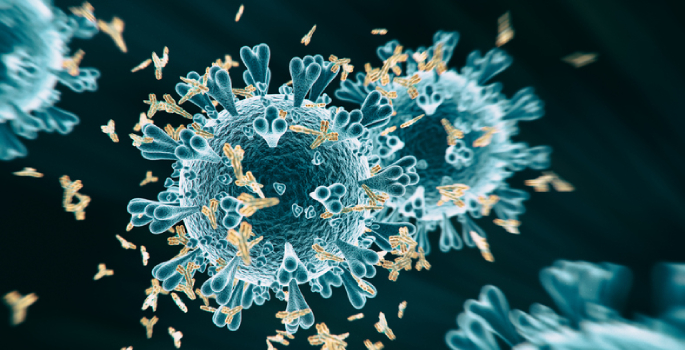
Antibody research at Vanderbilt University Medical Center shows promise in fight against COVID-19
Based on positive results in preclinical studies reported today, potently neutralizing antibodies identified by researchers at Vanderbilt University Medical Center are showing promise as a potential therapy for preventing and treating COVID-19. Read MoreJul 15, 2020
-
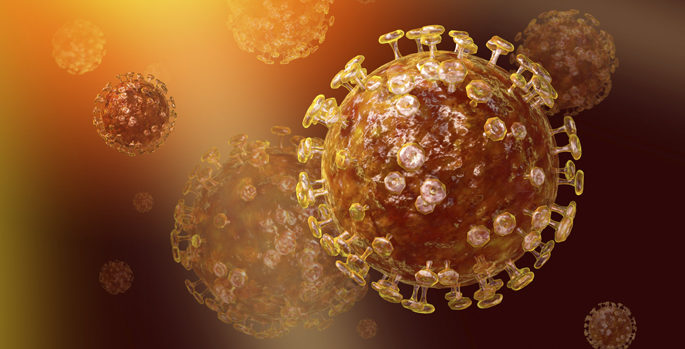
VUMC studies provide key positive results for COVID-19 vaccine in early-stage clinical trial
An experimental coronavirus vaccine stimulated robust immune responses against SARS-CoV-2, the virus that causes COVID-19, and raised no serious safety concerns in an early-stage clinical trial. Read MoreJul 14, 2020
-
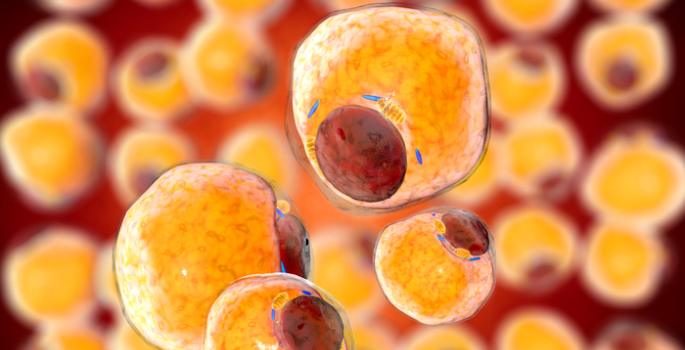
New tools to study bioactive lipids
Vanderbilt researchers have identified and characterized inhibitors of an enzyme that synthesizes lipid signaling molecules with roles in energy balance, inflammation and addiction. Read MoreJul 14, 2020
-

“Nur” target may aid arthritis treatment
Vanderbilt immunologists have discovered that the protein Nur77 is part of a control mechanism that guards against autoimmunity in natural killer T cells. Read MoreJul 13, 2020
-
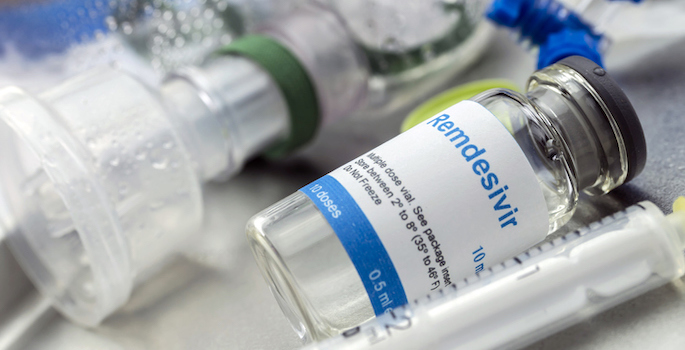
New study supports remdesivir as COVID-19 treatment
This week researchers at Vanderbilt University Medical Center (VUMC), the University of North Carolina at Chapel Hill and Gilead Sciences reported that remdesivir potently inhibited SARS-CoV-2, the virus which causes COVID-19, in human lung cell cultures and that it improved lung function in mice infected with the virus. Read MoreJul 9, 2020
-

Recurrent UTIs linked to hidden reservoir
Bacterial invasion of vaginal cells sets up a protective niche and a reservoir for recurrent urinary tract infections, Vanderbilt researchers demonstrated. Read MoreJul 9, 2020
-
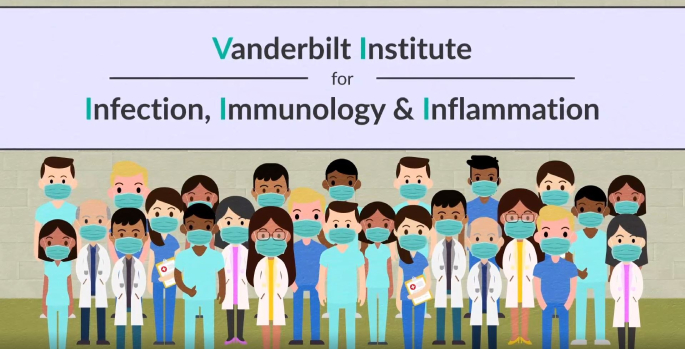
New space bolsters infectious disease and immunology discovery
The Vanderbilt Institute for Infection, Immunology and Inflammation (VI4) recently moved into its new research and administrative home. Read MoreJul 9, 2020
-

Keeping beta cells “fit”
Vanderbilt cell biologists are defining the factors that help beta cells in the pancreas stay healthy, secrete insulin and prevent diabetes initiation and progression. Read MoreJul 9, 2020
-

Kripalani to lead Center for Health Services Research
Sunil Kripalani, MD, MSc, professor of Medicine at Vanderbilt University Medical Center, has been appointed director of the Vanderbilt Center for Health Services Research. Read MoreJul 9, 2020
-
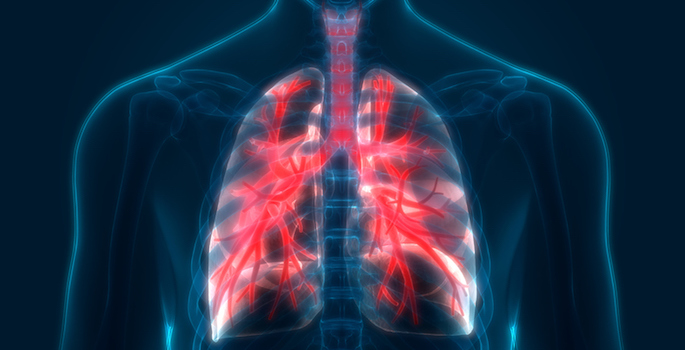
New clues to lung-scarring disease may aid treatment
Scientists at Vanderbilt University Medical Center and the Translational Genomics Research Institute (TGen) in Phoenix, Arizona, have discovered previously unreported genetic and cellular changes that occur in the lungs of people with pulmonary fibrosis (PF). Read MoreJul 8, 2020
-
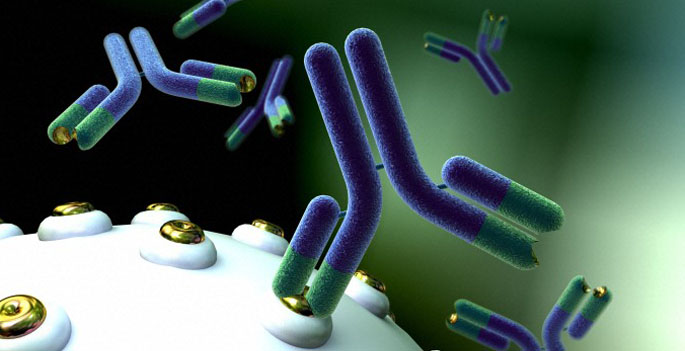
Research team isolates antibodies that may prevent rare polio-like illness in children linked to a respiratory infection
Researchers at Vanderbilt University Medical Center, Purdue University and the University of Wisconsin-Madison have isolated human monoclonal antibodies that potentially can prevent a rare but devastating polio-like illness in children linked to a respiratory viral infection. Read MoreJul 3, 2020
-

VUMC-led network to focus on polygenic risk for common diseases
With the aid of a $75 million, five-year grant renewal, the Electronic Medical Records and Genomics Network (eMERGE) will venture beyond its current focus on monogenic disease to scoring research participants relative risk for complex heritable diseases such as cardiovascular disease, chronic kidney disease and type 2 diabetes. Read MoreJul 1, 2020
-

Study finds zinc doesn’t reduce mortality, other health risks, for heavy alcohol users living with HIV/AIDS
Zinc supplementation did not reduce mortality, cardiovascular risk, levels of inflammation or microbial translocation among people with heavy alcohol use living with HIV/AIDS, according to a Vanderbilt-led study. Read MoreJun 24, 2020
-

A connection to schizophrenia
The insula, a small region of the brain involved in diverse brain functions had widespread dysconnectivity in schizophrenia, Vanderbilt researchers found. Read MoreJun 23, 2020
-

Single mutation causes seizure disorder
A single mutation in one gene can impair inhibitory signaling in the brain and cause multiple types of seizures and behavioral abnormalities. Read MoreJun 22, 2020
-

Probing DNA damage repair
After discovering a new mechanism for DNA damage repair last year, Vanderbilt biochemists now provide direct evidence for how it works. Read MoreJun 18, 2020
-
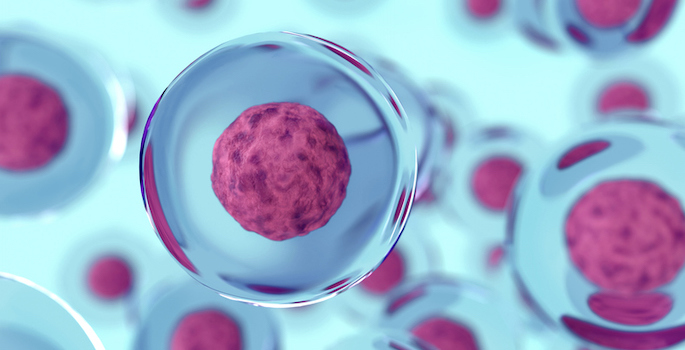
Studying cells in reduced dimensions
Vanderbilt cell biologists have developed an unbiased, quantitative framework for evaluating single-cell data. Read MoreJun 18, 2020
-

All of Us program launches cloud-based research platform
On May 27, the All of Us Research Program launched the beta version of its cloud-based research platform, the Researcher Workbench. Read MoreJun 18, 2020
-

Robotic technology speeds arrhythmia gene classification
Vanderbilt University Medical Center investigators have used high-throughput robotic technology to rapidly study and classify variations in a gene linked to heart rhythm disorders and cardiac conditions. Read MoreJun 12, 2020
-
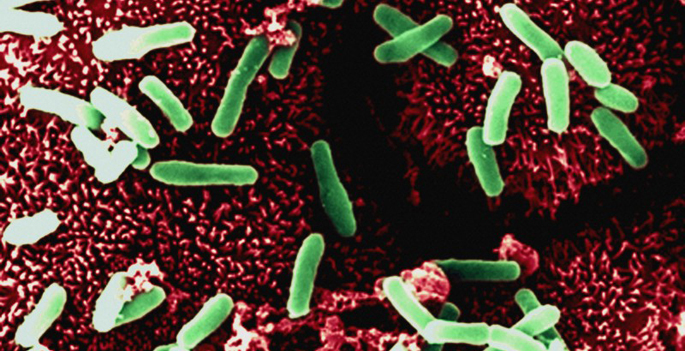
C.diff captures blood cell cofactor to build defensive shield
Vanderbilt University Medical Center scientists have identified a C. diff protein system that senses and captures heme (part of hemoglobin) to build a protective shield that fends off threats from our immune system and antibiotics. Read MoreJun 10, 2020